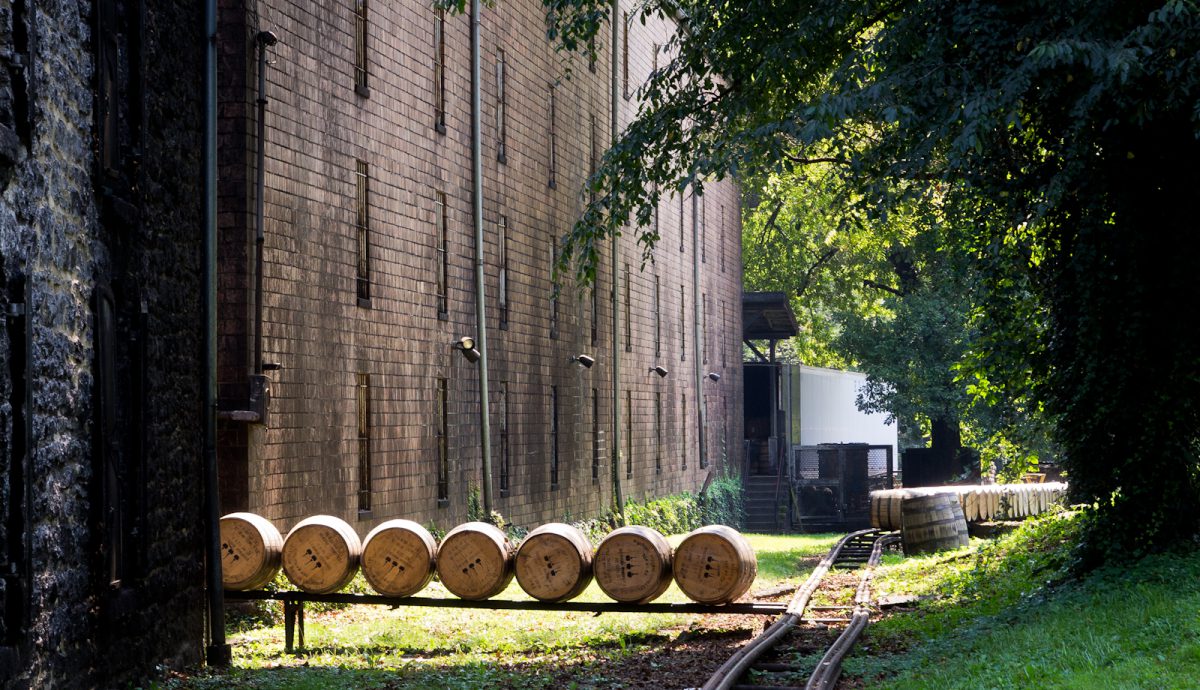WRD 225: Final Reflective Essay
Over the course of the semester, you’ve read a variety of different types of food and beverage writing, had the opportunity to conduct research, visit Distilleries and local shops (Justin’s House of Bourbon) to gain familiarity with Kentucky’s growing Bourbon industry. You’ve had the chance to practice writing in a variety of genres (resume), pitch letter, review, rhetorical analysis, brand analysis, genre of your choice), and to interact with a variety of guest speakers who have well established careers in the Bourbon or beverage industry: Noah Rothbaum (Daily Beast), Liz Roach (Freelance author), Nicole Stipp and Kaitlyn Soligan of Matson and Gilman/Bourbon Women, Dr. Steve Alvarez (St. John’s University), and soon to come, Josh Hafer of Heaven Hill Brands. For this final reflective essay, I want you to look back at everything we’ve done and make an argument for what you learned, how you learned it, and why that learning is important. It can focus on the way you learn things, how you’ve improved or what you’ve learned about yourself as a writer, things you’ve learned about the Bourbon industry, time management, Kentucky and American identity, the way stories/images circulate, professional conduct, or some combination of all of the above. This assignment is worth 5 points and should be 1000-1250 (or 4-5 pages).
You will submit your essay electronically to the appropriate Canvas forum and also turn it in as a hard-copy to my office 1303. Electronic documents should be named using the following convention:
WRD225_FinalReflect_YourfirstnameLastInitial.docx
Evaluation Criteria
A strong reflective essay makes an argument about what the student learned from the process of scheduling research appointment, creating the questions, conducting the interviews, doing the field research visits and the research for the annotated bibliography; completing the readings and observing new writing techniques; experimenting with the review genre; revising his or her prose in response to peer and instructor feedback; writing a resume; reading the source material and interacting with invited speakers and includes evidence from your own writing, your peers’ and instructors’ comments, your writing log and other materials as evidence of the claims you’re making about your learning.
A very strong essay does all of the above and also connects the choices the student made to larger questions about the Bourbon industry, his or her career trajectory, as well as ideas about Kentucky, or American history and culture.
Excellent reflective do all of the above and also explain and reflect on why you make the choices you do and how you navigated these choices with your peers and instructor, while also connecting what you’ve learned about yourself as a writer, researcher, reviser. Excellent reflective essays make a case for what the student has learned, and why this learning is important. Students support their claims about their own learning with evidence (either specific examples of the choices they made in revision, or based on what they read/learned from the class readings, anecdotes about how they negotiated decisions with their peers), and they quote from and/or include specific anecdotal examples from their experiences of interviewing, scheduling, generating questions, conducting research to support their claim. What is most important in a self-reflection essay is admittedly reflection (the ability to look at one’s actions with a critical eye) and insight. Excellent essays connect what the students learn about interpretation, research, writing, and the Bourbon industry back to what they’re learning about research, writing, and interpretation in other classes.
